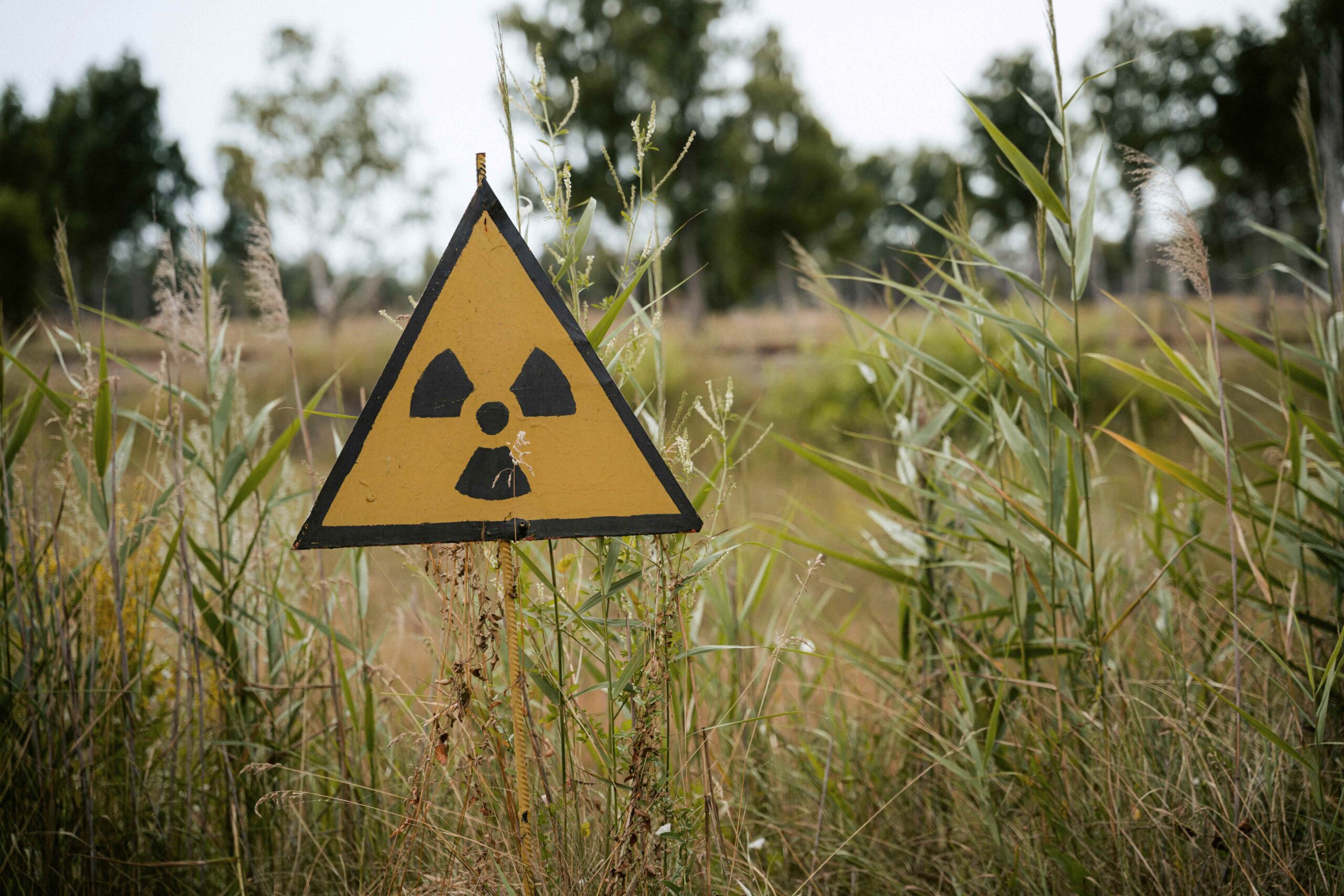
Encourage-[en-kur-ij] to inspire with courage, spirit, or confidence.
The enCourage Blog is weekly dose of encouragement in a world that is often filled with bad news. We offer life-giving entries each Monday and Thursday written by gifted women from across our denomination, the Presbyterian Church in America (PCA). You can subscribe below to have them delivered to your inbox. With hundreds of blog pieces, you can search on a variety of topics in the search bar above to read and share with friends. Christina Fox, a gifted author, serves as our enCourage General Editor. If you are interested in submitting a piece, you can contact her at cfox@pcanet.org.
Sign up for our weekly enCourage blog:
He Knows Our Every Trouble
CLAIRE STREBECK | GUEST Christ identifies with all our weaknesses. Christ understands our every sorrow. Do you weep? Do you mourn? If there were one characteristic that marked Jesus' earthly ministry, it would be compassion. Over and over, he was moved with deep pity for those weeping, especially those who were disadvantaged: the widow from Nain; Mary at the death of Lazarus; the sinner-woman who wailed as she washed Christ's feet with her expensive perfume and her tears. Yet, it was not only their circumstances that provoked Jesus' emotion. Certainly, any of their conditions could have been sufficient to prompt anyone to sympathy. Still, with Jesus, each emotional response included more than mere circumstantial pity. Every time Christ was moved in his emotions, it was in response to the battle he waged with death. Jesus’ Emotional Response to Our Fallen World When Christ saw Mary and the other Jews weeping over Lazarus' death, he felt more than sorrow. John 11:33 tells us that He was "deeply moved." I was surprised to discover that the text signifies more than Jesus' sadness and sympathy–John also communicates Jesus' rage. The original Greek word used is embrimaomai, which literally translates to "being very angry or moved with indignation." Was Christ angry at Mary or those with her? Was he angry over their grief? Absolutely not. In fact, we see that he was stirred in response to their mourning, with his own shedding of tears only two verses later. It was death itself that prompted our Lord to anger. ...
Why Talk About Covenant Theology
SARAH IVILL | CONTRIBUTOR Our family attends Christ Covenant Church. The school that meets on our campus, and is a ministry of the church, is Covenant Day School. Our denomination’s college, as well as the seminary, is named Covenant. And the most recent women’s ministry leadership training conference was titled: A Covenantal Framework for Life & Ministry. Yet many of us do not understand the meaning of Covenant Theology, and therefore, do not understand why it is important to talk about it. So, I want to suggest five reasons why we should talk more about covenant theology. What Covenant Theology Reminds Us First, Covenant Theology reminds us of a perfect promise. There is no way that we could have reached out to have a relationship with the creator God. But amazingly, He has reached out to us by way of His covenant. He has promised, “I will walk among you and will be your God, and you shall be my people” (Lev. 26:12). Second, Covenant Theology reminds us that the Bible is better than any other book. It reveals the bigger picture of who God is and who we are. Through His Word, He reveals our need of salvation and of His perfect solution in the Savior. Third, Covenant Theology reminds us that Christ is the center of our story, as well as the bigger story of redemption. In fulfillment of the covenant of grace, which is founded upon the covenant of redemption, Christ accomplished the redemption that God the Father appointed, and the Holy Spirit applies (see John 17:1-26; Eph. 1:3-14; Heb. 13:20). Fourth, Covenant Theology reminds us of the implications of God’s free grace. Justification and adoption are acts of God’s free grace, and sanctification is the work of God’s free grace. Everyone deserves God’s wrath (Eph. 2:1-3). But God is “rich in mercy” and love and saves His people by grace (vv. 4-5). This salvation is not a possibility, but a certainty (vv. 6-7)...
Welcome Younger Women into Your Life
CHRISTINE GORDON | CONTRIBUTOR The first time we met, she was hosting tea in two different rooms of her African home. Tea is a big deal in Malawi, along with the relationships and conversations that surround it. At that point she was probably in her 40s, had one grown son back in the States and a middle school-aged daughter with her while she and her husband served at the African Bible College (ABC) in Lilongwe. She had been a Christian most of her life, grew up in the rural Midwest, loved marriage and children and cooking. After her husband’s army career and her many years as a nurse, they answered a call to Sub-Saharan Africa. There I met them while on a mission trip with a local church during the summer after my senior year of college. I immediately put Barbara into a small box in my mind that included 1950s moms who baked and waited for their children to come home so they could pour them glasses of milk. Of course, there was nothing wrong with women like this, but I knew I didn’t want to be one. I wanted a career, was unsure of marriage, and had decided I didn’t want children. I had been a Christian just over two years when I walked into Barbara’s living room that summer. I never would have expected how our lives would intertwine, or how much I would want to be like her. While on the ABC campus those first two weeks, I watched Barbara serve meals, ask questions, and listen to our group of about 20 students. She smiled, laughed, and patiently explained life in Africa to us. She obviously loved and enjoyed Bruce, a large teddy bear of a man who taught classes at the school. I learned that she walked around the gym on campus every day for exercise and asked if I could join her. She graciously allowed me to come for the first of what would become many shared walks. Barbara was just beginning to become to me what felt like an anchor in the changing and sometimes confusing sea that was Africa. Meanwhile, our team from the US visited villages, shared the gospel, and spent time with students. As I saw more and more of the poverty around me, (Malawi was the 4th poorest country in the world at the time), I struggled. The questions I had in the back of my mind about a good God and pain in the world were suddenly front and center. Bruce and Barbara had a meeting in their house to discuss what we had seen and felt. She moved among us offering tea, a listening ear, and comfort...
Responding to Our Sin
JULIANNE ATKINSON |GUEST My favorite writer in the Bible is the Apostle Paul. If Paul was a murderer and God STILL used him on the scale he did, he can use me despite my sins and failures. If Paul wrestled deeply in sin struggles and God STILL loved him, he can love me too. And after all of that, if Paul can fervently love Jesus with his mind and heart, pointing to him in what he says and does, I want to do that too. We see Paul’s heart in the book of Romans. I find chapters 7 and 8 especially encouraging where Paul writes about struggling with his sin. He describes how he does what he doesn’t want to do and doesn’t do what he wants to do (Rom. 7:15-20). We tend to idealize biblical characters, but Paul opens up about the fact that he has to literally wage war with his own sin, citing covetousness as an example earlier in the chapter. Our sin can be intimidating when the scales fall off and we see the true depths of our depravity. We often respond in several different ways to the reality of our sin. The large-scale analogy that I like to think of to compare it to is what happened at Chernobyl. Before the current tragic war, I was blessed to go to Ukraine a couple of times and teach English. One year, many Ukrainians told me about the HBO series on Chernobyl and said they loved it so I decided to watch it for myself. They were right. It is fantastic and I recommend it. Using this analogy, I want to describe three ways we might respond to our sin. Enter into the Struggle If there’s one thing that characterizes this series, it’s being told the right thing to do, and choosing the wrong thing to do, over and over, to the devastation of many lives. Sin can be like a nuclear explosion. It’s ugly, messy, and it contaminates everything in its vicinity. At Chernobyl, the nuclear core mysteriously explodes, and we see people respond just the way we do when we see our sin. First, we have the nuclear physicists. They’re the heroes. They acknowledge the problem and enter into the struggle, just as Paul does with his sin in the book of Romans. They’re informed; they know something happened and that it was catastrophic. They know the right thing to do and that it’s embarrassing; it requires some serious sacrifice, lots of work, and if they don’t act immediately and engage with the issue it will get much, much worse. “For if you live according to the flesh you will die, but if by the Spirit you put to death the deeds of the body, you will live” (Rom. 8:13). Cover it Up...

Recent Posts
- E-252 The Best of LT 2024- Upward and Outward: A Covenantal Framework for Life and Ministry with Karen Hodge from the Women’s Ministry Training Podcast
- Jesus’s Invitation in the Midst of Stress
- Relentless Pursuit Podcast
- E-262 Week Eight-No Empty Word: Relentless Pursuit-A Study on Hosea with Paula Miles
- E-261 Week Seven-No Empty Word: Relentless Pursuit-A Study on Hosea with Paula Miles
- E-260 Week Six-No Empty Word: Relentless Pursuit-A Study on Hosea with Paula Miles
Archives





